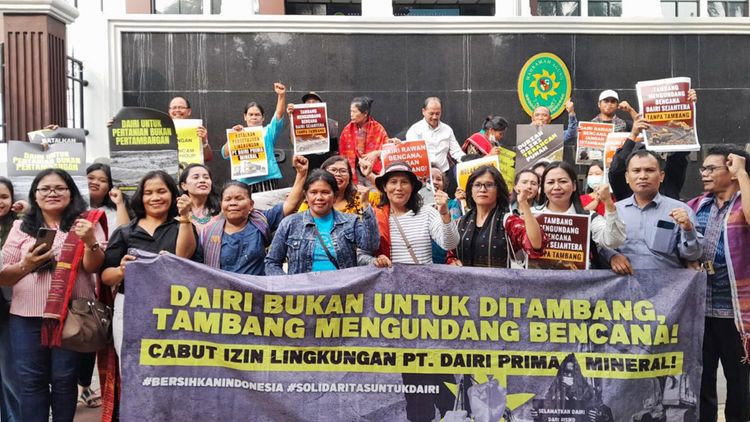Asia Undercovered: 30th Anniversary of the Tiananmen Square Massacre

It was a historic moment. 30 years ago, for several months, protesters gathered in Beijing’s Tiananmen Square, and other cities to call for political reforms and democracy. The world watched eagerly, waiting to see if China would see change as had taken place in Eastern Europe and nearby Asian countries, such as South Korea and the Philippines, in recent years.
It was not to be. On June 4th, 1989, the Chinese military crushed what remained of the movement, killing hundreds, perhaps even thousands. In the years since, the Chinese government has done everything in its power to erase the memory of what happened that day. Even mentioning June 4th can put one at risk, and the censorship apparatus goes into overdrive. It’s worked, and many young Chinese born after 1989 have no knowledge whatsoever of the protests.
As we remember the events on the 30th Anniversary, China’s increasing authoritarian bend and the surprising grip on power of the Chinese Communist Party is leading many to wonder if the change so many died for will ever happen.
This special edition of Asia Undercovered includes stories that explore the legacy of Tiananmen and how it impacts China – and the world – even today.
New to Asia Undercovered? Subscribe here.
Understanding what happened on June 4th
Imagine growing up unaware of the protests until you were living abroad as student. This is a powerful, moving tale of learning about her country’s past, and how China forgot or hid its meaning, by Yangyang Cheng in ChinaFile.
Andréa Worden was in Changsha, China in 1989, and has been posting updates on Twitter, day-by-day, from her notes, photos, and recollections of the protests. Definitely worth checking out her feed – here are a few that struck out to me.
Jian Liu took more than 2000 photos during the movement, which he kept hidden for 30 years. After realizing that his daughter had never heard about the massacre, he decided to release them. Amazing and powerful visuals (New York Times).
Also just released – a 13 minute documentary entitled Black Night, shot by a Canadian journalist, with restored footage from the night of the massacre. Worth watching but warning – it includes many graphic images (Hong Kong Free Press).
The Legacy
I’m in Hong Kong this week, for a reason. This place, still a special territory that is technically part of China, is the only place in the country where Tiananmen is openly remembered. For example - 60 Hong Kong journalists have begun a multimedia project to share their experiences covering the protests and the crackdown (Global Voices).
For survivors, there is a double burden. Silence and, often, regret at what they could have done differently to change the outcome. Te-ping Chen and Chao Deng interview several survivors and witnesses, looking back at the meaning of Tiananmen today (Wall Street Journal).
One of my favorite authors, Ma Jian, writes for The Guardian on his memory of the protest, the people who died on June 4th , and how the Chinese people remain exiled from their past.
On June 4th, tens of thousands will gather at Victoria Park for a Candlelight Vigil. The question that hovers over nearly everything taking place in Hong Kong – with ongoing crackdowns and pressures on freedoms taking place in Hong Kong, how much longer will the CCP tolerate such commemorations?
China Today
China is a vastly different place today than it was in 1989. Three decades of economic growth and increased technological prowess have transformed the country into a global economic power. Tiananmen may only be 30 years ago, but it might as well be from another epoch.
While there have been no more movements of the same scale and scope of Tiananmen since 1989, that does not mean all of China is compliant. Sarah Cook documents the many small acts of resistance and the remarkable survival of free thought in her piece for The Diplomat.
Similarly, Ian Johnson writes about the resilience of truth despite the CCP’s attempts to rewrite history in its favor for the New York Review of Books.

Asia Undercovered: Journalist Nithin Coca's weekly roundup of the news, events, trends and people changing Asia, but not getting enough attention in the US media.





Member discussion